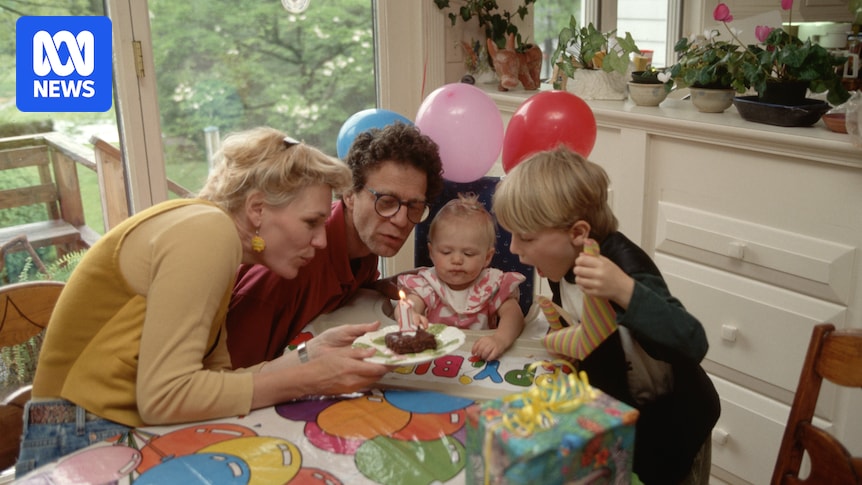
Stephania Brunetti vividly recalls the day her younger sister was born, a memory etched in her mind as if it happened yesterday. “I was at my aunty’s house, and she had answered the phone that was on the wall,” says the 45-year-old from Melbourne. “She was so excited. She kept screaming out, ‘It’s a girl! It’s a girl!’ I was two.” Such memories often linger, forming what many refer to as “core memories,” deeply influencing our sense of self.
The concept of core memories gained prominence with Pixar’s 2015 film Inside Out, where the main character’s personality is shaped by these significant recollections. This raises intriguing questions: Are core memories real? Why do certain memories stick while others fade? And can parents intentionally create these memories for their children?
The Science Behind Memory Formation
Maria Kangas, head of the school of psychological sciences at Macquarie University, suggests that while parents cannot “engineer” memories, they can shape them through shared experiences. “We influence each other’s memories by how we remember and discuss these experiences,” she explains. However, emotions are subjective, and what one person considers a happy memory may not resonate the same way with another.
Macey Barton, a Melbourne mother, strives to create joyful memories for her children. “We dance around the kitchen, put music on—all the things I remember my mum doing with me,” she shares. “Some people remember their mums tidying up and cleaning. I remember my mum dancing and laughing.”
Understanding Memory and Identity
According to Professor Kangas, memories are crucial for acquiring, learning, and recalling information, shaping our beliefs and behaviors. “Our personal, autobiographical memories form part of our sense of self and identity,” she notes. These memories, formed from childhood and shaped over time, influence how we see ourselves and the world.
Celia Harris, a senior research fellow in cognitive neuroscience at Macquarie University, explains that toddlers can remember recent events, but adults often experience “infantile amnesia,” forgetting much of what happened before age four. “By this age, experiences are not well integrated,” says Dr. Harris. “As we grow, we rehearse and reinforce memories, integrating them with our life story.”
Are Core Memories a Myth?
Dr. Harris points out that the idea of “core memories” lacks scientific backing. However, significant memories often link to intense emotional experiences and play a role in identity formation. “These autobiographical memories help us make meaning of the world,” she says. “They guide our behavior, connect us with others, and help us understand our place.”
“Memories are essential for identity, problem solving, and planning, and being able to relate to other people and understand where they’re coming from.” — Dr. Celia Harris
Memories also impact well-being. Professor Kangas warns that avoiding negative memories can lead to anxiety and stress. Revisiting memories in psychotherapy can help shift perceptions and promote healing.
Why Some Memories Persist
Stefania Brunetti’s childhood memories often revolve around family gatherings and food, a tradition she continues with her own family. “Being Italian, food is so important,” she says. “We cook together, and I hope these become their memories too.”
Dr. Harris explains that memories form a network of associations. “Every new event connects with past experiences,” she says. This interconnectedness might explain why some memories feel random yet are deeply linked to repeated experiences.
“Our memory is this network of associations between things that go together.” — Dr. Celia Harris
While the exact reasons why certain memories persist remain elusive, understanding the role of memories in shaping identity and behavior underscores their importance in our lives.
As we explore the complexities of memory, it becomes clear that these recollections, whether fleeting or vivid, play a crucial role in defining who we are and how we connect with the world around us.







